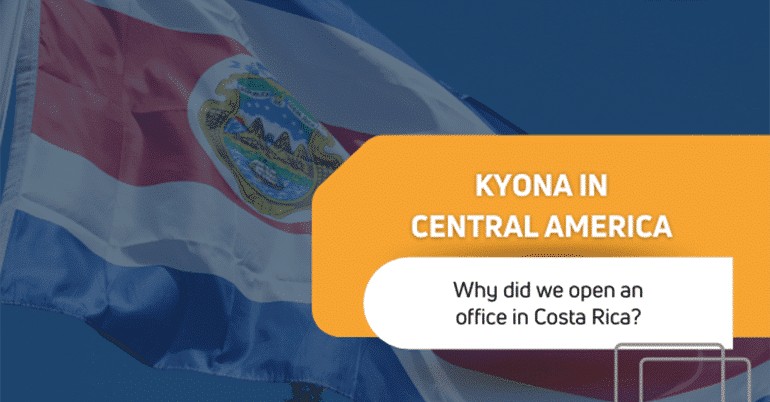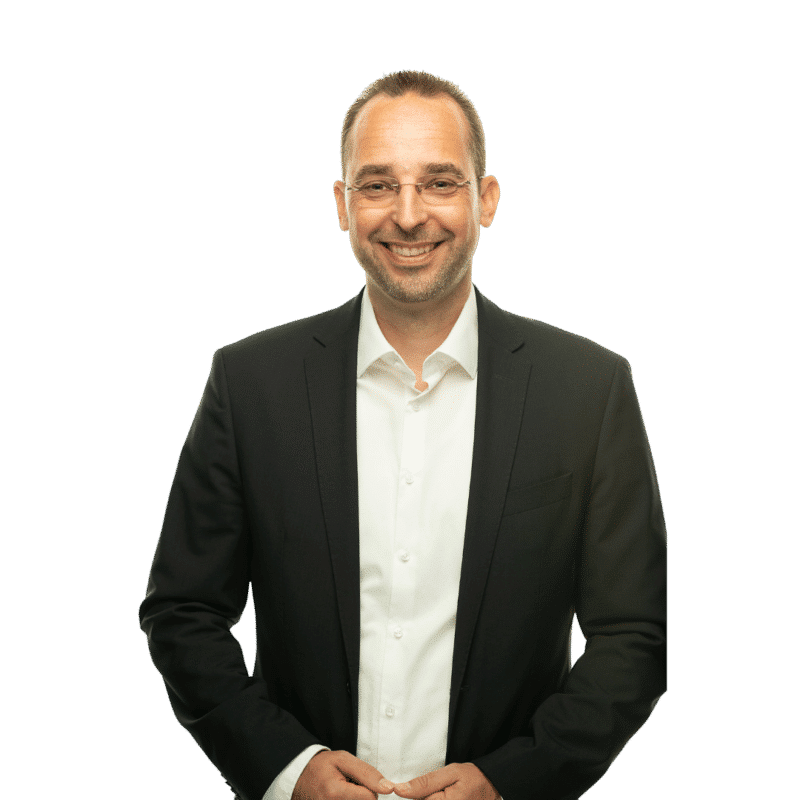We are growing. Our strength is managing complex digital business transformations. This service is particularly in demand in the context of international, global collaboration. Our platform-based project and program management is designed for remote collaboration and makes working together almost completely location-independent. The real challenge is therefore managing the people working across different time zones. In order to ensure a work-life balance, it is important for us to have experienced colleagues, available in different time zones.
In Europe we are already quite well positioned with offices in the UK, Germany and Cyprus. In addition, we also cover Asia with locations in India and Taiwan. However, until the end of last year we were missing locations covering the important American time zones.
So where to? Canada? Politically uncertain. USA? High level of education but expensive. Some of our customers are currently deliberately reducing skilled labor in the United States and are rebuilding new capacities in Central and South America. That also made us think.
In South America, Argentina and Chile stand out with high educational standards. Potentially qualified employees for our remote transformation would be available. No question. Relatively high unemployment figures on the one hand, a noticeable tendency towards agile working methods, visible through a relatively high number of agile coaches with Scrum and SAFe certifications in connection with a pronounced want-to attitude speaks for it.From our point of view, rather unstable political conditions and difficult to assess legal security rather against it.
But there is something else, a small country, big like Lower Saxony in Germany, coasts and beaches almost all around, Pacific and Caribbean. Lots of nature in 5 different climate zones. Costa Rica abolished its army several years ago and redirected the budget to education and nature conservation. The result can be felt and seen today.
Rain forests have been reforested and are now protecte; With professors and lecturers recruited from abroad, a university system was built up that today is probably one of the best in Central and South America. Visible results for us are graduates with expandable qualifications for our complex services.
In addition, the otherwise rather socialist government seems to have understood the importance of digital infrastructure.
In the Uvita area, where we were looking for a new kyona office location, 300 Mbit fiber optic lines for Internet connections were also laid in the rainforest.
There, more and more digital communities are formed from freelance organized programmers and other digital nomads working online. They live and work in tiny houses scattered on the hillside overlooking the Pacific.
An interesting culture with freedom, personal responsibility and a “want to attitude” is emerging here.
Our contact Jorge, for example, lives and works on a large, covered terrace, PC with 2 large screens and gaming chair as well as a conference table made from old surfboards and various guitars and amplifiers are evidence of a way of life that brings work and leisure into harmony.
The community in the rainforest can only be reached via bumpy jungle roads. You need a 4×4 to get there.
And that’s exactly what colleagues use around 4 pm when they head towards the beach with their surfboards for a break. An hour of surfing is announced. Then a cool beer as a sundowner on the beach before the next video conference with an international cast.
The model seems attractive;Jafet, who used to be a ranger in the national park and introduced tourists to the peculiarities of Costa Rican nature through the jungle, now works as a software tester in Jorge’s team. He is very satisfied with his new style of life, more freedom, more money and still in nature every day.
The government seems to have understood the positive effect of the new Internet culture on the young population, as it is trying to bring more digital nomads into the country by changing the laws and encouraging them to stay longer.
Overall, the mentality of young Costa Ricans is peaceful, friendly, positive and constructive.
Our new colleagues from the kyona group CR SA fit seamlessly into our global teams and are seen as an asset to everyone.
Costa Rica is certainly not a tax-saving model. Corporate taxes are similar to those in Germany. However, it seems to us to be an ideal place for a “kyona Collaboration Hub”, a place where online collaboration in international teams and the joy of life in beautiful nature can be perfectly combined.




